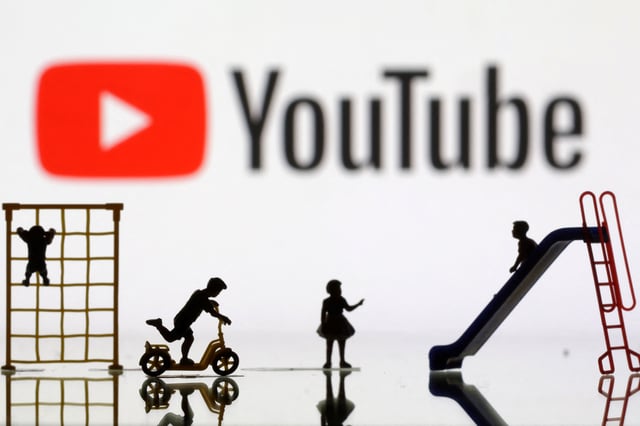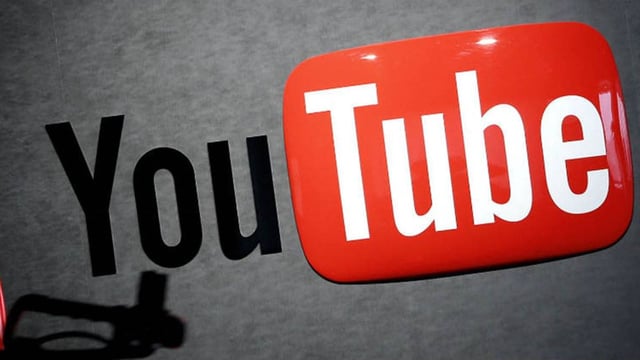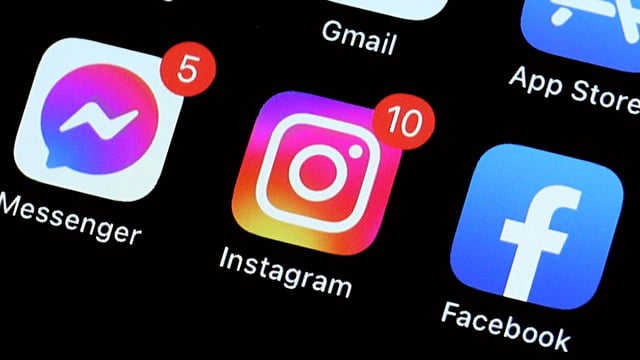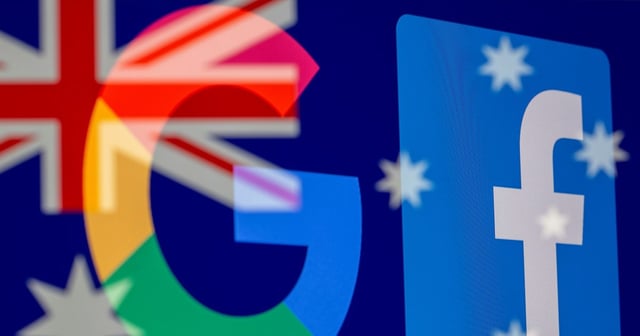Overview
- The eSafety Commission’s first biannual transparency report revealed that YouTube and Apple did not track user reports of child sexual abuse or disclose how long they took to respond.
- None of the mandated companies have fully implemented hash-matching or live-stream detection tools, leaving grooming and sexual extortion threats insufficiently monitored.
- Providers including Google, Meta and Microsoft showed limited improvements despite warnings since 2022, with only Meta and WhatsApp adopting some grooming and extortion filters.
- Communications Minister Anika Wells confirmed YouTube will join the under-16 social media ban when it takes effect in December, though enforcement plans remain unclear.
- The government is drafting regulations to enforce the expanded ban with potential fines up to A$50 million and expects legal challenges from tech firms.



